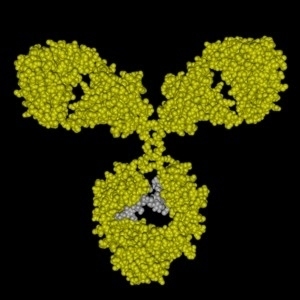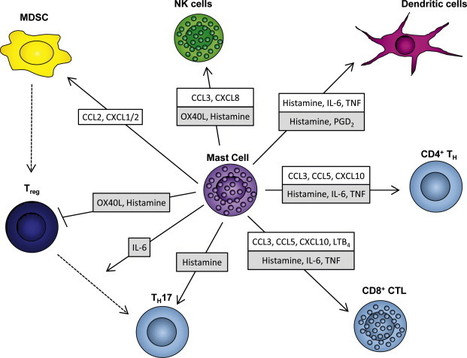Antidrug antibodies against TNF-blocking agents: correlations between disease activity, hypersensitivity reactions, and different classes of immunoglobulins Maurizio Benucci,1 Francesca Li Gobbi,1 Francesca Meacci,2 Mariangela Manfredi,2 Maria Infantino,2 Maurizio Severino,3 Sergio Testi,3 Piercarlo Sarzi-Puttini,4 Cristian Ricci,5 Fabiola Atzeni4 1Rheumatology Unit, 2Immunology and Allergology Laboratory Unit, 3Allergy and Clinical Immunology Unit, Nuovo Ospedale S Giovanni di Dio, Florence, Italy; 4Rheumatology Unit, L Sacco University Hospital, Milan, Italy; 5Department of Epidemiology and Preventive Medicine, University of Regensburg, Regensburg, Germany Abstract: Although anti-TNF drugs have changed the clinical course of rheumatoid arthritis (RA), survival rates and resistance-to-therapy data confirm that about 30% of RA patients fail to respond. The aim of this study was to evaluate the correlations between the development of antidrug antibodies, specific IgG4 antibodies against TNF inhibitors, and resistance to therapy in RA patients. This retrospective study involved 129 patients with established RA naïve to biological agents (98 females and 32 males, mean age 56.7±12.3 years, disease duration 6.3±1.2 years, baseline Disease Activity Score [DAS]-28 3.2–5.6) who received treatment with anti-TNF agents after the failure of conventional disease-modifying antirheumatic drugs (32 received infliximab [IFX], 58 etanercept [ETN], and 39 adalimumab [ADA]). After 6 months of treatment, the patients were classified as being in remission (DAS28 <2.6), having low disease activity (LDA; DAS28 2.6–3.2), or not responding (NR: DAS28 >3.2). The patients were also tested for serum antidrug antibodies and IgG4 antibodies against TNF inhibitors. After 24 weeks of treatment, 38% of the ETN-treated patients and 28% of those treated with ADA had injection-site reactions; the rate of systemic reactions in the IFX group was 25%. The differences among the three groups were not statistically significant (P=0.382; ETN versus ADA P=0.319). The percentages of patients with adverse events stratified by drug response were: LDA 8% and NR 18% in the ADA group; in remission 3%, LDA 22%, and NR 10% in the ETN group; and LDA 6% and NR 16% in the IFX group (P=0.051). The percentages of patients with antidrug antibodies were: ADA 33.3%, ETN 11.5%, and IFX 10.3% (P=0.025; ADA versus ETN P=0.015). The percentages of patients with IgG4 antibodies were: ADA 6%, ETN 13%, and IFX 26% (P=0.017; ADA versus ETN P=0.437). Associations between antidrug antibodies, specific IgG4 antibodies, and adverse reactions were not significant for any of the three drugs. IgG4 levels were higher in the ADA group than in the other two groups, and higher in the patients with worse DAS28 (NR) and in those experiencing adverse events. These data suggest a possible association between IgG4 levels and worse DAS28 (r2=5.8%, P=0.011). The presence of specific IgG4 antibodies against TNF blockers in patients with RA might affect the drugs’ activity. Patients with injection-site reactions and IgG4 against ETN may show a decreased response.Keywords: antidrug antibodies, TNF-blocking agents, IgG4 antibodies
Via Krishan Maggon



 Your new post is loading...
Your new post is loading...










Benucci M, Li Gobbi F , Meacci F, Manfredi M, Infantino M, Severino M, Testi S, Sarzi-Puttini P, Ricci C, Atzeni F
Biologics: Targets and Therapy 2015, 9:7-12
Published Date: 17 February 2015
1Rheumatology Unit, 2Immunology and Allergology Laboratory Unit, 3Allergy and Clinical Immunology Unit, Nuovo Ospedale S Giovanni di Dio, Florence, Italy; 4Rheumatology Unit, L Sacco University Hospital, Milan, Italy; 5Department of Epidemiology and Preventive Medicine, University of Regensburg, Regensburg, Germany